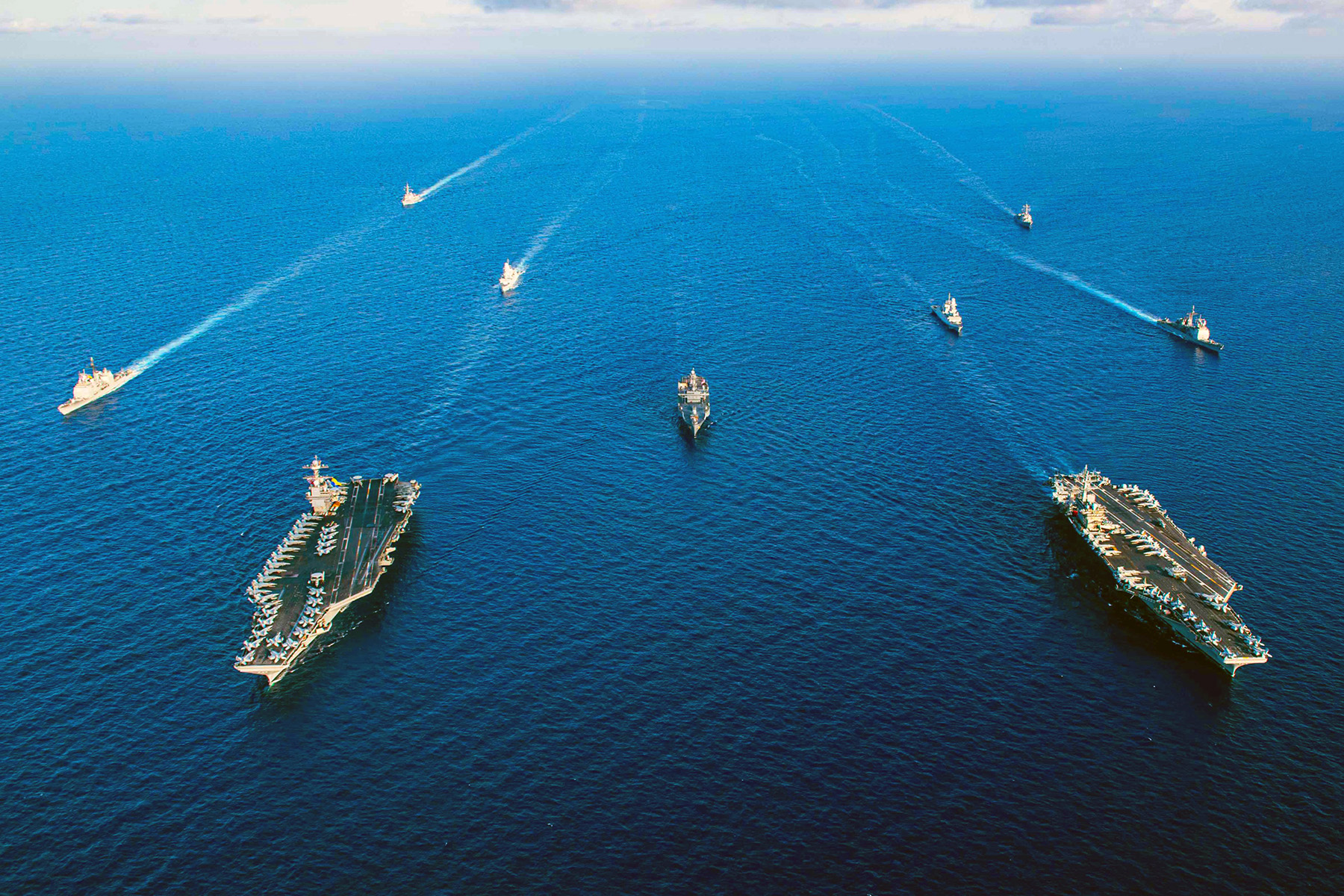By Carlos Taylhardat | 3 Narratives News | September 9, 2025
The White House says it alerted Doha ahead of an Israeli strike targeting Hamas leaders in Qatar; regional diplomacy and U.S. basing in the Gulf are suddenly in play.
Developing: Israeli warplanes struck a residential area in Doha, aiming at Hamas leadership; Washington says it warned Qatar once it learned the attack was imminent. President Donald Trump called both Netanyahu and the Qatari emir afterward, labeling the strike “unfortunate” and signaling it should not recur on Qatari soil.
Why It Matters
Qatar is both a U.S. ally and the main mediator in hostage–ceasefire diplomacy. It also hosts Al Udeid, the largest U.S. air base in the Middle East. A strike in Doha threatens to unravel negotiations and redraw red lines around sanctuary and sovereignty.
Narrative 1: Israel’s Case
Israeli officials say the operation sought senior Hamas operatives believed to be tied to attacks on Israelis. The argument: no safe harbor for planners. Early accounts suggest Hamas leaders survived, while relatives and aides were killed—facts that will be contested in the information war that follows.
Narrative 2: Washington & Doha
The White House says it warned Qatar as soon as the U.S. military flagged the imminent strike; the administration called the attack “unfortunate,” praised Qatar’s role in diplomacy, and stressed that such incidents should not be repeated.
Qatar’s Response
Doha flatly denies receiving advance warning. Qatari officials say reports of a heads-up are false, and that any call from a U.S. official arrived after explosions were already under way in Doha. The dispute underscores how combustible the narrative is for Qatari legitimacy at home and for its role as mediator.
Narrative 3: The Silent Story
Mediators are now targets. If Qatar cannot ensure safety for interlocutors—however controversial—talks migrate or collapse. Also in the shadows: risk to U.S. personnel and civilians if deterrence and counter-deterrence play out inside a tightly packed city.
Key Takeaways
- Strike in Doha: Israel says it targeted Hamas leaders; Hamas claims top figures survived.
- U.S. warning: The White House says it alerted Qatar and called the strike “unfortunate.”
- Qatar’s denial: Doha says there was no advance notice; any U.S. call came after blasts had begun.
- Diplomatic fallout: Ceasefire talks and U.S. basing rights face new pressure.
Further Reading
- Reuters: White House calls strike “unfortunate”; Doha denies advance warning
- Reuters Live: Qatar denies being informed in advance
- AP Live: Updates on the Doha strike
- Times of Israel Liveblog: Qatar says any U.S. warning came after explosions
- From 3 Narratives: The Anti-Western Axis
- From 3 Narratives: War of Ukraine and Russia — Bad Call
FAQs
Did the U.S. stop the strike?
No. The administration says it warned Qatar once notified. The strike still occurred.
Why would Israel risk hitting Doha?
It wants to demonstrate that Hamas leaders cannot rely on sanctuary in third countries.
What happens to ceasefire talks now?
They become more fragile; mediator security and trust are now central issues.
Could this widen the war?
It raises the risk of regional retaliation or diplomatic rupture if more strikes follow.

[…] utilities in Kharkiv reported tens of thousands briefly without power earlier this week; engineers warned that repeat strikes would turn brief outages into long black lines on a winter […]